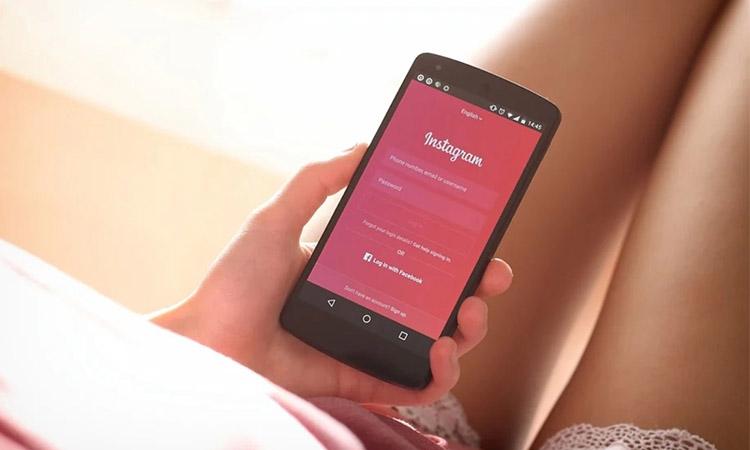If you're agonising over the long hours tweens and teens spend scrolling through and posting to Instagram, TikTok, Snapchat, and other social media sharing and messaging platforms, new research has some enlightening news to share.
When it comes to screen time, the problem is not so much the number of hours they spend online, but the quality of their online interactions, suggests a study, published in the Journal of Research on Adolescence, of more than 700 adolescents in the US.
Overall, teens in the study who found support online -- such as chatting with friends and relatives via WhatsApp or joining multiplayer online video games -- reported less loneliness.
"Our findings support our hypothesis that how you spend your time on screens, and not how much time you spend online, is the best predictor of loneliness and well-being," said lead author Luc�a Magis-Weinberg at the Univerity of California-Berkeley.
ALSO READ | Why Are Children's Books Special?
For the study, the researchers surveyed students between the ages of 11 and 17 to understand their online behaviour and relationships under socially isolated conditions and to assess how these factors related to their moods and their sense of belonging.
On a scale of 1 (never) to 5 (frequently), the students rated to what extent they agreed with such statements as "I feel valued by people in my social media," "People in my social media give me advice," "People in my social media make me feel like I do not belong," and "People in my social media treat me badly".
They also completed separate questionnaires on which electronic devices they used, their social media preferences, their loneliness levels, and their general well-being.
For most of the students, smartphones were the preferred device for connecting to non-educational online activities, followed by laptops and then video game consoles.
As for their mental health outlook, the students reported more positive than negative online interactions, especially with regard to discussing problems and getting helpful feedback via WhatsApp.
ALSO READ | Over 60% Of People Ignore Early Signs Of Poor Nerve Heath: Survey


















